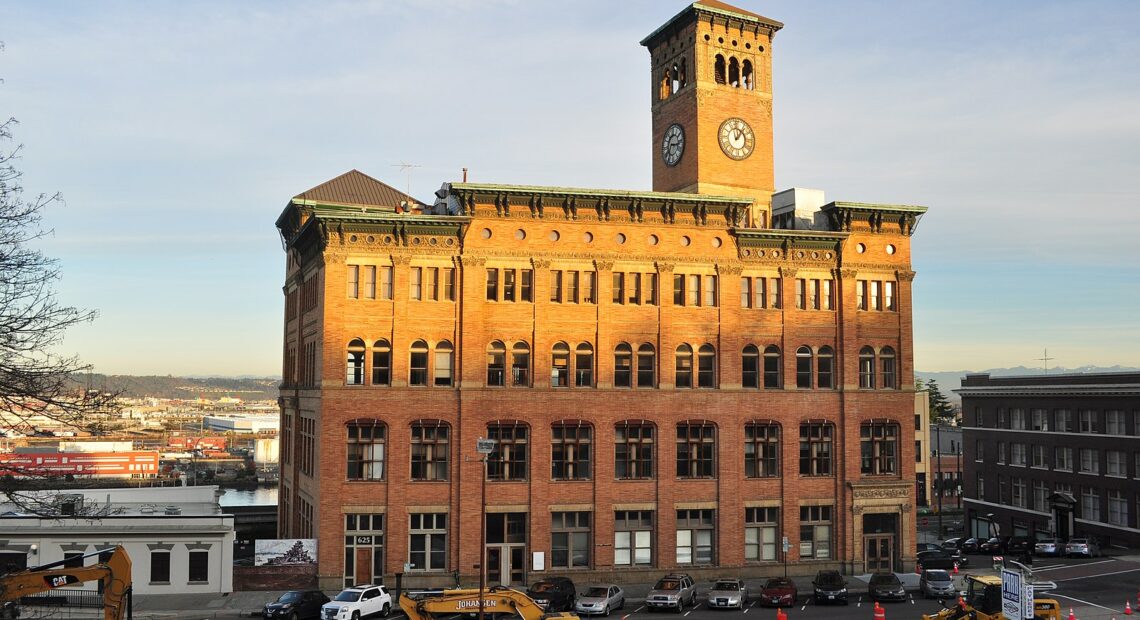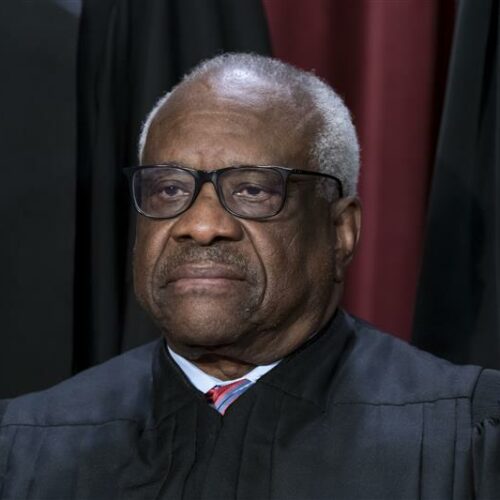
Tacoma City Council moves forward with budget, directs additional $2.5 million to fire department
Listen
(Runtime 0:54)
Read
The Tacoma City Council adopted its next two-year budget, after months of working with city staff to balance for a predicted $24 million structural deficit.
That deficit meant cuts, and ones some community members weren’t happy about. The proposal to eliminate 16 rover positions from the Tacoma Fire Department, positions that fill in for staffing vacancies when firefighters can’t work, had firefighters, labor leaders and Tacomans upset. Firefighters working as rovers will be reassigned to other shifts; there are no fire department layoffs.
The proposed budget directed $4.2 million from that department to the city’s general fund as a way to lessen the deficit. The funding for the rovers originally came as a one-time influx of cash from an EMS levy as a way to reduce the sizable increase in the department’s overtime.
“We also landed on that amount because we hoped that by 2025, that was an amount that the general fund could pick up,” said City Manager Elizabeth Pauli to the council during Tuesday’s study session.
Interim Tacoma Fire Chief Sionna Stallings-Ala’ilima said in 2023, there were months when over 50 staff were given mandatory overtime. The rover program helped to lessen that.
Concerns over the potential loss of service when stations aren’t fully staffed percolated through public comments during council meetings and statements made by the firefighters’ union.
Two council members introduced an amendment to direct more funding to the department, $2.5 million in one-time funds to help address service concerns.
“I am very pleased that we were able to come together as a Council to not only take an important step toward decreasing our structural deficit, but to also ensure our Fire Department has what it needs to continue providing essential services,” Council member Jamika Scott shared in a written statement after the budget passed. Scott co-sponsored the amendment with Council member Joe Bushnell.
The dollar amount is not the total needed to fund the 16 rover positions. But during a study session with the council before the meeting, Stallings-Ala’ilima said the money would help.
“The 2.5 (million) would give us a little breathing room to work out some of those details for next year,” Stallings-Ala’ilima said.
Bushnell shared in a written statement that he brought the amendment forward to address concerns around firefighter burnout and “browning out” stations, which takes stations out of service due to short staffing.
The one-time funding was possible because the council voted to make staffing reductions to protect the city’s cash reserve earlier this month.
“As a Council, we made the extremely difficult choice to face the structural deficit head-on and make the fiscally responsible decision to reduce ongoing costs in the budget,” Council member Sandesh Sadalge wrote in a statement. “This is not something I, or the City Council, take lightly. This budget will eliminate staff positions, which will impact dedicated employees whose work improves the lives of the residents of Tacoma.”
In January, the city will eliminate over 25 positions to cut costs.
The city will still have to find an additional $4.7 million to restore the cash balance, which council members plan to work on in the new year.
Council member Olgy Diaz, who ultimately supported the budget adoption, provided a statement of her disapproval of passing a budget that will make unidentified program cuts.
“This approach to budgeting puts at risk items that we appear to fund, making it impossible to celebrate the inclusion of urban forestry enhancements and our alternative response efforts due to the risk they will be defunded in the new year,” Diaz wrote.
By restoring the city’s cash reserve, the city council has more options to handle emergent expenses over the next two years.
In a study session before the Tuesday council meeting, Pauli briefed the council on expenses the city is anticipating but hasn’t budgeted for. Those include more maintenance and repairs for public safety, capital facilities replacement and temporary shelter expansion needs.
There could also be more needs for overtime for police officers and firefighters than accounted for. The current budget for police and fire overtime is over $20 million, which increased from the last biennium in part because of wage increases and an additional allocation to the police department.
Those risks might mean that the city will have to ask the council for money from the fund balance to address needs over the budget cycle. By restoring the city’s cash reserves, the council will have some room when emergent costs arise, yet it doesn’t completely account for all outcomes.
Throughout budget conversations, it’s been reiterated that the city will have to have creative conversations on how to increase revenue.
“We’re not going to save our way into wealth and becoming a world-class city. It just doesn’t happen,” Council member Kiara Daniels said during the Tuesday study session. “We have to figure out better ways and more ways to generate revenue.”
Next summer, the Tacoma City Council will be considering implementing impact fees, one-time fees charged to new development, as a way to increase funding for city services like transportation.
















